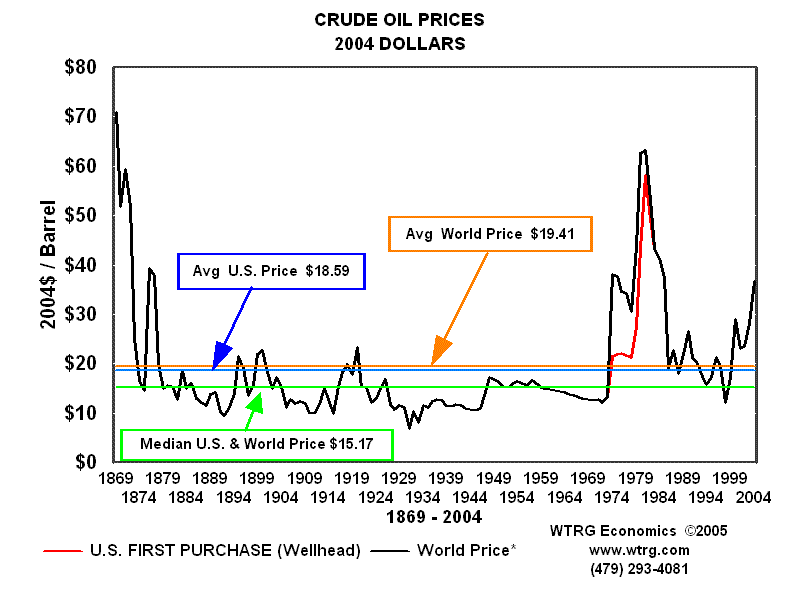Banks andTrade

After the Fall of the Roman Empire, Europe entered a long period of stagnation dominated by feudalism, tribalism, and urbanization. During this time, Islam spread from Babylon to Gaul. The Islamic Empire built cities and temples the same way the Roman Empire did during its reign, and in these urban centers, Byzantine and Greek scholarship flourished.
Western Europe discovered the Classics. Hellenic and Hellenistic scholarship passed through the Islamic conduit, and the Renaissance had begun.
Like the Roman Empire, the Islamic Empire facilitated international trade by building infrastructure and encouraging good deals amongst sovereigns.
After years of medieval stagnation, Europe saw the rebirth of international trade.
Advances in transportation and navigation technology, basic accounting, early statistics, and other mathematics spurred the economic growth.
Banks are at the center of the commerce. Paper money and bills of exchange emerge as a reaction to the transport demands of trade. Naturally, each empire coins its own currency. Exchange rates are born.
Soon, banks serve as money-changers, lenders, and depositories. Bankers such as the Medicis in Italy and the Fuggers in Germany rise to such wealth and power that they become the financiers of kings, cities, and popes.
At the same time, the international trade volume creates a high demand for information - especially information regarding commodities prices in foreign ports. This demand for data gives birth to commodity exchanges. Stock exchanges soon follow.
The availability of information leads to the genesis of speculation.





